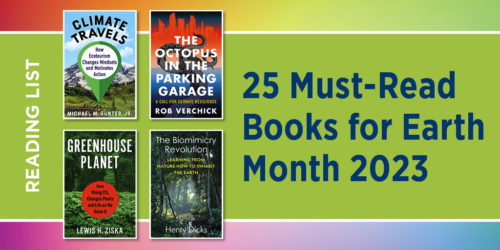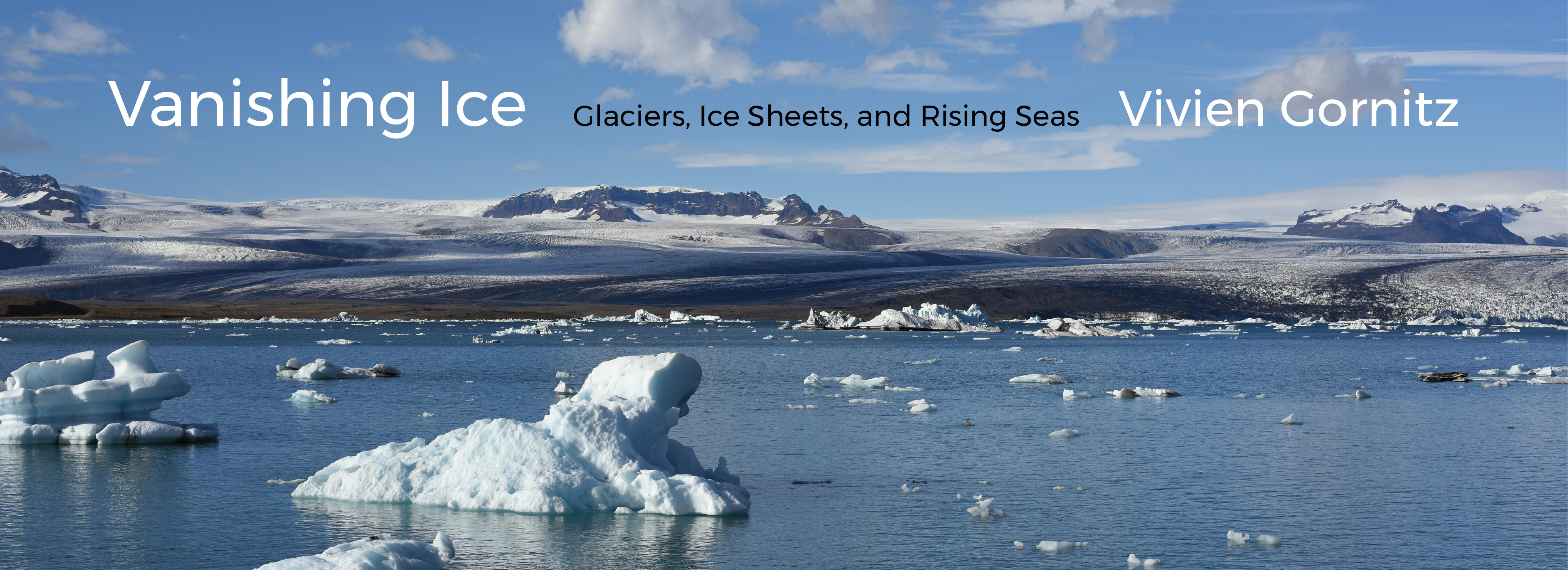Q&A: Ruth DeFries in Conversation with Bill McKibben on What Would Nature Do?

“DeFries is an excellent writer, using elegant storytelling to offer a hopeful delineation of pathways to a sustainable future. She builds on evolutionary history, the theory of complex adaptive systems, and examples of the emergence of cooperation in biological systems, including human societies—distilling a complex topic for a broad audience.”
~Simon A. Levin, James S. McDonnell Distinguished University Professor in Ecology and Evolutionary Biology, Princeton University
Our American Geophysical Union virtual exhibit continues with a conversation between Ruth DeFries, author of the new book What Would Nature Do?, and environmentalist Bill McKibben. This post originally appeared in Bill McKibben’s Climate Crisis newsletter. Read the full issue at Annals of a Warming Planet.
• • • • • •
Bill McKibben: Nature is obviously skilled at dealing with disease. What advice from other species might come in handy dealing with covid-19? Or with the spread of false reality?
Ruth DeFries: Ants, termites, and other social insects live in crowded, densely packed colonies akin to cities. Curiously, they do not often succumb to epidemics from infections that could sweep through a colony. Why not? When a pathogen comes into their colony, they instinctively sanitize their nests with plant resins, dying members leave the nest of their own volition, and healthy insects drag sick nest-mates and corpses away from the nest. Human societies would obviously not promote such self-sacrificing measures. But the insects also have a strategy that mirrors the way people are dealing with the pandemic. These tiny creatures collectively manage their social networks to curtail the spread. Their networks are highly clustered and modular. With the threat of a pathogen, the clusters can quickly close off contact with the others. Our notion of “pods” to cluster with family and friends has roots in the natural world.
When it comes to the spread of false reality, the same principle applies. False realities circulate in social clusters that don’t communicate with each other. From nature’s example, the solution is to cut off the false information before it can spread in the cluster. Of course, political reality is quite different.
BM: What does this analysis tell you about how humans are different from the rest of creation? Are you hopeful that the big brain will turn out to be a useful adaptation or not?
RD: Over hundreds of years of our species’ existence on this planet, our big brain has figured out ways to harness nature to provide copious amounts of food, energy, and other resources. From the taming of fire to domesticating plants and animals to digging fossil energy from the ground, humans have been very successful at coming up with new technologies. We have been less successful at applying our big brain to collectively manage the repercussions of our technological success. Climate change is a primary example, as is the inability of our human institutions to control the pandemic.
I don’t have much doubt that people will figure out more ingenious ways to produce food and invent new ways to get energy. What gives me pause is not the technological know-how but whether our governments and other institutions are up to the task of using the fruits of these technologies equitably and nimbly enough to correct the problems that they create. Nature is full of self-correcting features, like the incredible cycling of carbon from the atmosphere to the deep earth and back that keeps climate stable. We need to build these types of self-corrections into our human institutions.
BM: At the moment, we seem to be moving from highly concentrated systems of information and energy production into much more dispersed networks. Is that a good trajectory?
RD: Going back to the social insects, the so-called queen actually has no power or ability to control where the workers go or what they do. Top-down control from a central authority has no analogies in nature. The military-like march of ants in a straight line emerges as each individual follows cues from its local neighbors, not from a queen directing traffic. The queen has no way of knowing the best route, even if she could tell each ant where to go. This idea, applied to human societies who self-organize to manage their local forests, fisheries, and policing, won a Nobel Prize for the late Elinor Ostrom. She countered the commonly held notion of the tragedy of the commons with many examples where people do figure out ways to sustainably manage their resources. The key is access to local information and the ability for local communities to make decisions. If one adheres to the idea that evolution provides useful strategies worked out over millions of years, while humans have been on the scene for only a sliver of that time, a move to less centrally controlled information and production seems like a good trajectory.
Save 20 percent on our conference titles on display when you use coupon code AGU20 at checkout from our website by December 31, 2020.



